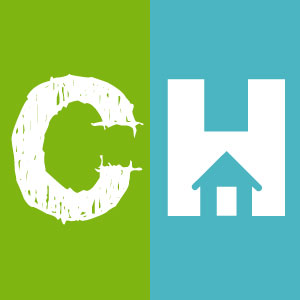Is Wikipedia Taking Non-Fiction Books Out Of Schools?
These high school libraries are looking pretty vacant…
In Broward County, Florida, non-fiction books are disappearing off high school library bookshelves. At Cypress Bay High, the library is almost completely devoid of non-fiction. The Weston school has gone from twenty-two thousand books down to four thousand books and boasts six thousand digital resources for students to use.
According to school officials, these dictionaries, encyclopedias, and other reference materials are no longer necessary to have, because the internet supplies the same information in a way that makes it much easier to find and use. This move is supposed to save money and offer more up-to-date information, and we certainly commend these schools for trying to use their dollars in more productive ways to give kids the best education possible. However, we believe the decision may have been a bit short-sighted.
Some say that the skills needed to complete research in college cannot be taught in schools that do not have hard copies of research resources, as many colleges still require students to use actual hard-copy sources from a library. Others complain that e-books are not available to all families; students from low-income households without internet access or computers may have trouble completing their homework.

There’s also the scary idea that information available online, particularly on sites like Wikipedia that can be edited by just about anyone, is just too malleable to be trusted for educational purposes.
That isn’t to say that Wikipedia doesn’t try to keep information true and up-to-date. They encourage users to site their sources, and they block people from editing when they notice suspicious activity. In 2014, they even blocked editing from an IP address at the U.S. capitol after “unconstructive” and “disruptive” edits were found on Wikipedia pages. However, the rule enforcers at Wikipedia can’t catch everything, and they certainly can’t catch everything the moment it happens, meaning hundreds or even thousands of viewers could receive misinformation before it is noticed and fixed.
Books remain the authoritative resource for schools in most parts of the country due to the fact that they cannot be easily edited to contain incorrect information. But this recent trend in digital resources is still frightening. Keep real books in schools!
SKM: below-content placeholderWhizzco for CRH

